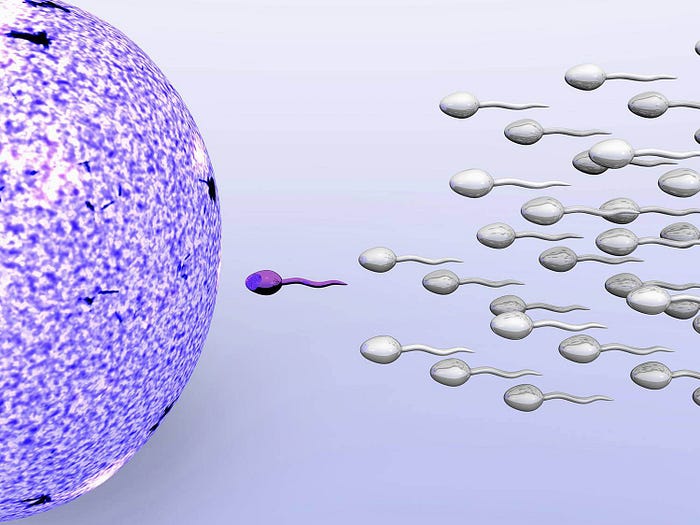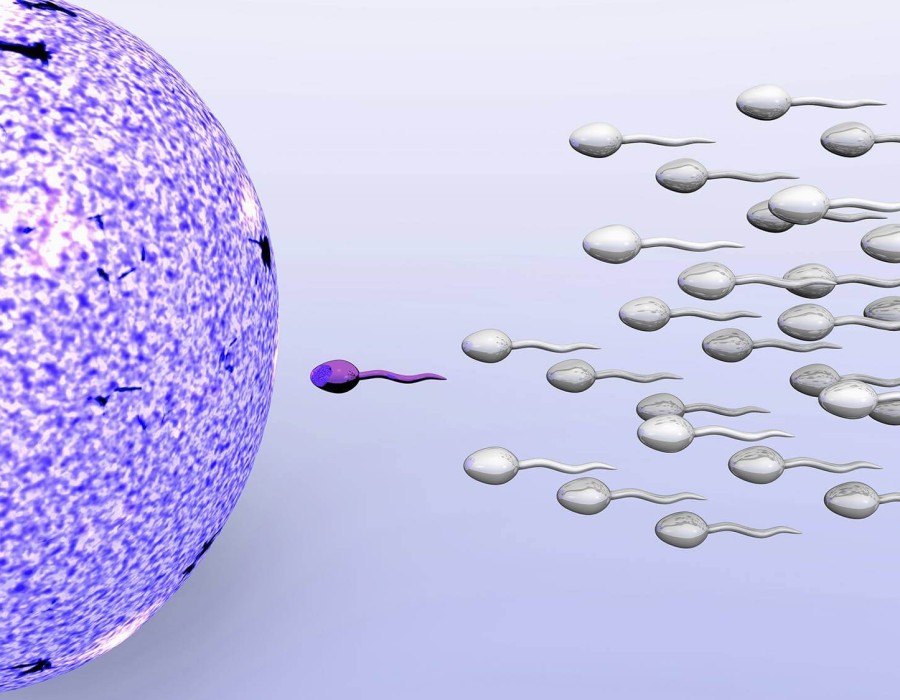Infertility treatment options vary depending on the underlying cause of infertility, the age of the individuals involved, and their preferences. Here are some common infertility treatment options:
- Fertility Medications :
- — Clomiphene Citrate (Clomid) : Stimulates ovulation in women who have irregular or absent ovulation by blocking estrogen receptors.
- — Letrozole (Femara) : Another medication that stimulates ovulation, often used when Clomid is ineffective.
- — Gonadotropins : Injectable hormones (FSH and LH) that stimulate the ovaries to produce multiple eggs, often used in conjunction with intrauterine insemination (IUI) or in vitro fertilization (IVF).

2. Intrauterine Insemination (IUI) :
— Sperm is washed and concentrated before being placed directly into the uterus around the time of ovulation to increase the chances of fertilization.
3. In Vitro Fertilization (IVF) :
— Eggs are retrieved from the ovaries and fertilized with sperm in a laboratory dish. The resulting embryos are then transferred into the uterus.
— IVF can involve various techniques such as intracytoplasmic sperm injection (ICSI), where a single sperm is injected into an egg, and preimplantation genetic testing (PGT), which screens embryos for genetic abnormalities before transfer.
4. Surgery :
— Surgical procedures such as laparoscopy or hysteroscopy may be performed to correct structural issues in the reproductive organs, such as blocked fallopian tubes, endometriosis, or uterine fibroids.
5. Assisted Reproductive Technologies (ART) :
— This term encompasses various advanced techniques used to achieve pregnancy when other methods have failed. It includes treatments like IVF, ICSI, and embryo freezing.
6. Donor Eggs or Sperm :
— In cases of severe male infertility or diminished ovarian reserve, using donor eggs or sperm may be an option.
7. Gestational Carrier (Surrogacy) :
— A woman carries and gives birth to a baby for another individual or couple using their embryo through IVF.
8. Lifestyle Changes and Alternative Therapies :
— Making lifestyle changes such as maintaining a healthy weight, quitting smoking, reducing alcohol consumption, and managing stress can sometimes improve fertility.
— Alternative therapies like acupuncture and herbal supplements are sometimes used in conjunction with medical treatments, although their effectiveness is not always supported by scientific evidence.
It’s crucial for individuals experiencing infertility to seek guidance from a reproductive endocrinologist or fertility specialist to determine the most appropriate treatment plan based on their specific circumstances. Additionally, counseling and support groups can provide emotional support throughout the infertility journey.





Comments